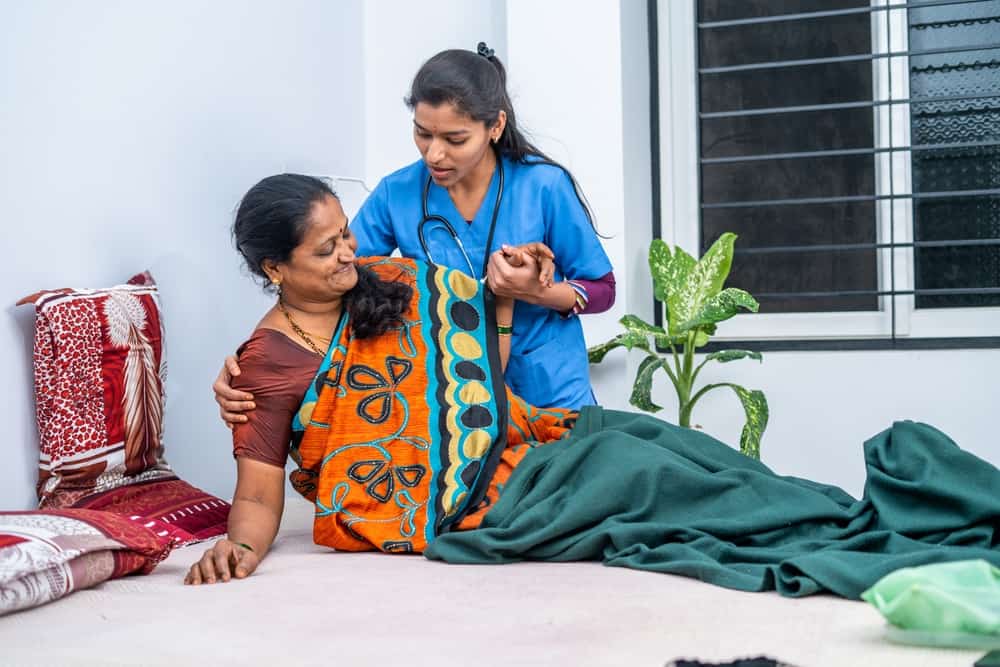Respite nursing services offer invaluable support to individuals and families facing the challenges of caring for loved ones with chronic illnesses, disabilities, or aging-related issues. These services provide a temporary break for primary caregivers, allowing them to tend to personal needs, work obligations, or simply recharge, knowing their loved one is in capable hands. Respite nurses are highly skilled professionals trained to deliver specialized care tailored to the unique needs of each individual under their supervision. They offer assistance with activities of daily living, medication management, wound care, and emotional support, ensuring continuity of care and peace of mind for both the caregiver and the care recipient.
Beyond the practical aspects of caregiving, respite nursing services also offer companionship and social engagement, combating feelings of isolation and loneliness often experienced by those living with chronic conditions. Respite nurses build trusting relationships with their clients, fostering a sense of security and well-being through their compassionate presence and attentive care. This personalized approach not only addresses physical health needs but also nurtures emotional and psychological wellness, enhancing overall quality of life for both the individual receiving care and their family members.
Moreover, respite nursing services play a crucial role in preventing caregiver burnout, a common phenomenon characterized by physical, emotional, and mental exhaustion resulting from the demands of continuous caregiving. By offering regular breaks and support, respite nurses help caregivers maintain their own health and well-being, enabling them to sustain their caregiving role over the long term without sacrificing their own needs and priorities. In essence, respite nursing services serve as a lifeline for families navigating the complexities of caregiving, providing essential support, relief, and reassurance in times of need. With their expertise and compassion, respite nurses contribute significantly to the holistic care and dignity of individuals and families coping with chronic illness or disability, enriching lives and strengthening communities through their invaluable service.





